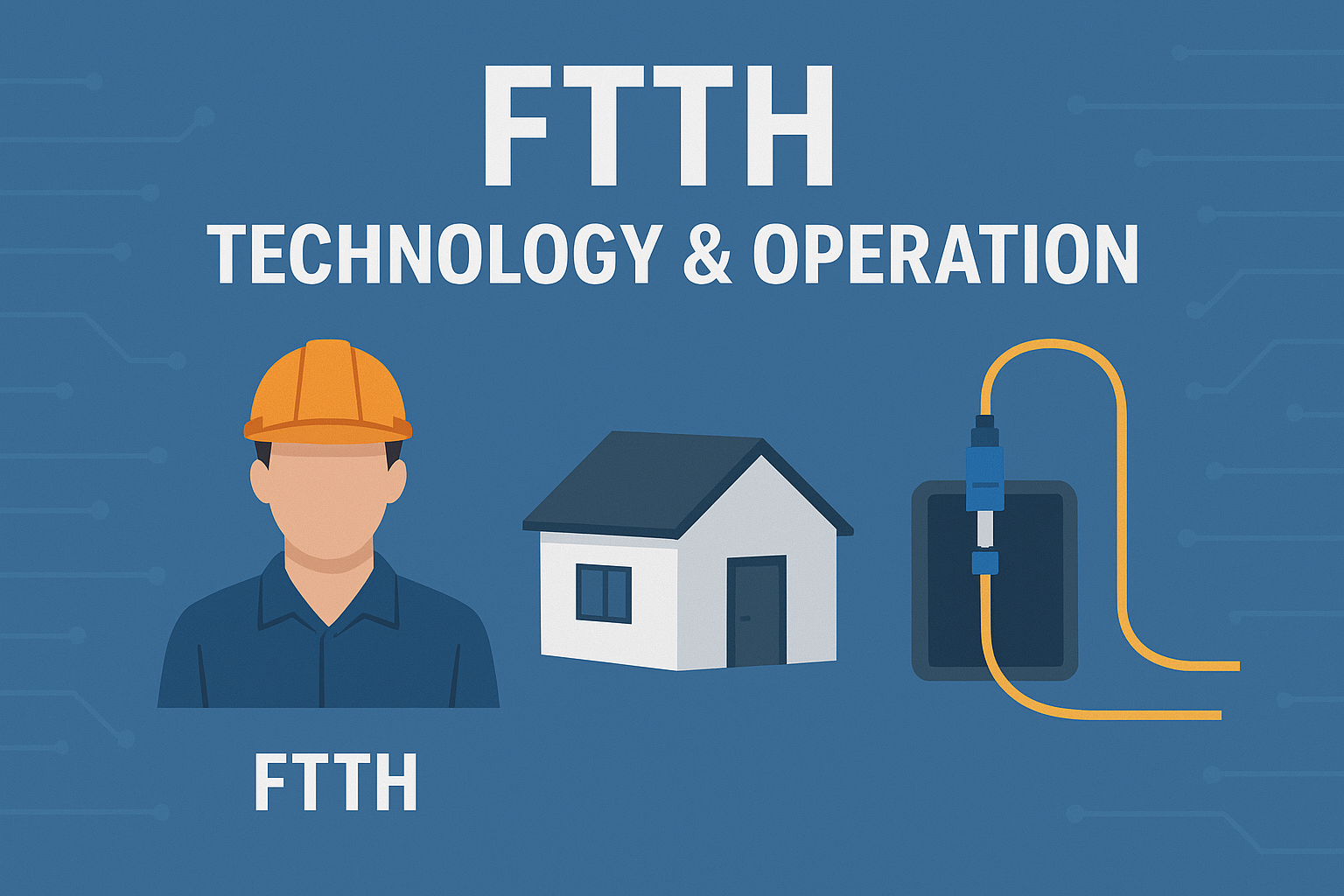

By the end of this training course, participants should be able to:
Telecommunications engineers and technicians, maintenance engineers and technicians, process control engineers, project engineers, Electrical engineers, consulting engineers, systems engineers, project managers, and electricians.
This is an interactive course. There will be open question and answer sessions, regular group exercises and activities, videos, case studies, and presentations on best practices. Participants will have the opportunity to share with the facilitator and other participants what works well and not so well for them, as well as work on issues from their own organizations.
Module One: INTRODUCTION TO FIBER OPTICS SYSTEMS
Module Two: CONSTRUCTION OF FIBRE OPTIC CABLES
Module Three: FIBRE OPTICS SYSTEM DESIGN
Module Four: FTTH TECHNOLOGY (Part1)
Module Five: FTTH TECHNOLOGY (Part2)
CDGA attendance certificate will be issued to all attendees completing minimum of 75% of the total course duration.
| Code | Date | Venue | Fees | Register |
|---|---|---|---|---|
| IE113-01 | 09-02-2026 | Kuala-Lumpur | USD 5950 | |
| IE113-02 | 17-05-2026 | Dubai | USD 5450 | |
| IE113-03 | 19-07-2026 | Manama | USD 5450 | |
| IE113-04 | 22-11-2026 | Muscat | USD 5450 |
Providing services with a high quality that are satisfying the requirements
Appling the specifications and legalizations to ensure the quality of service.
Best utilization of resources for continually improving the business activities.
CDGA keen to selects highly technical instructors based on professional field experience
Since CDGA was established, it considered a training partner for world class oil & gas institution
3012, Block 3, 30 Euro Business Park, Little Island, Co. Cork, T45 V220, Ireland
Mon to Fri 09:00 AM to 06:00 PM
Contact Us anytime!
Request Info